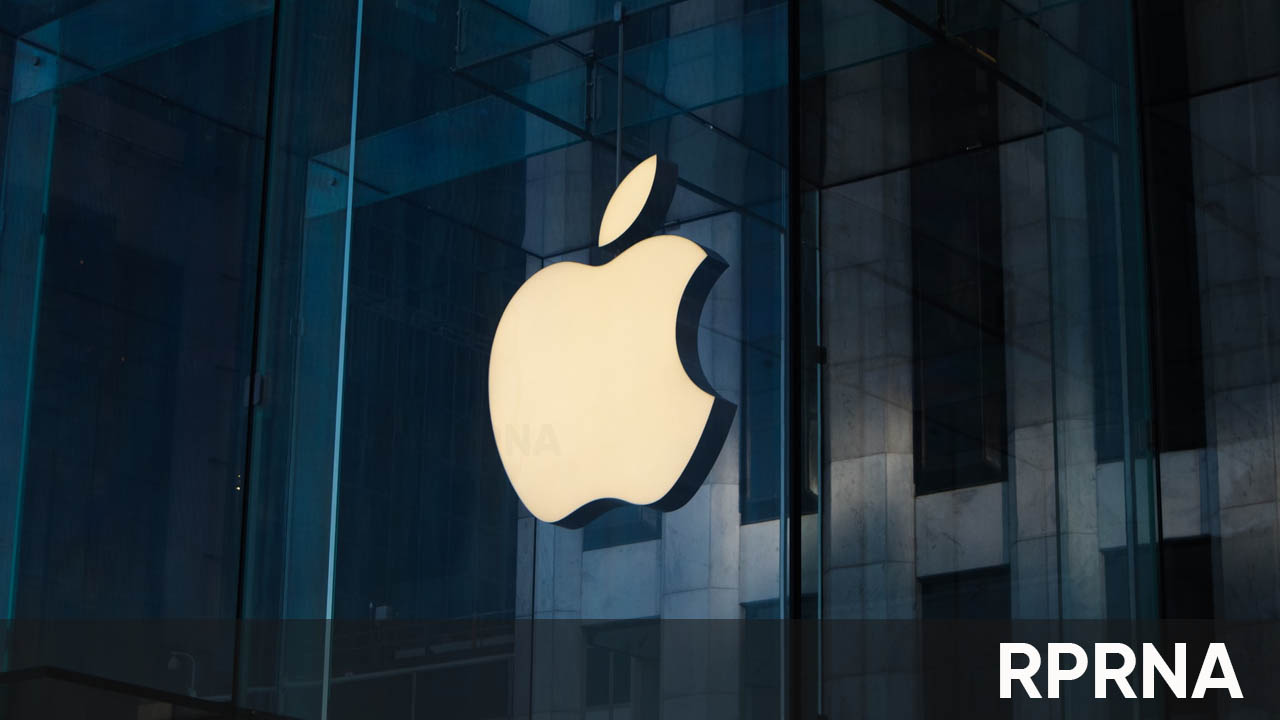Top 3 Key Points:
- iPhone 18 Pro models may introduce advanced 2nm chips by 2026.
- iPhone 17 series in 2025 will use enhanced 3nm chips.
- Apple-designed Wi-Fi and 5G chips could appear in future devices.
Apple is preparing to introduce the iPhone 18 series in 2026, with advanced 2nm chips expected to power select models. According to Apple analyst Ming-Chi Kuo, these powerful chips, made by the Taiwan Semiconductor Manufacturing Company (TSMC), will offer faster speeds and improved energy efficiency. However, the 2nm technology will likely be reserved for the high-end iPhone 18 Pro models due to the higher production costs.
iPhone 18 and 2nm Chip Evolution
Apple has always been at the forefront of chip technology, and the move to 2nm chips is expected to bring significant performance improvements. TSMC is set to begin producing 2nm processors in 2025. These chips will pack more transistors onto a single chip, improving speed and power efficiency. The shift from 3nm to 2nm technology will allow devices to handle more complex tasks while conserving energy.
The iPhone 18 will build upon the 3nm technology found in current iPhones, offering another leap in performance and battery life. The 2nm chips are expected to run faster and manage heat more efficiently, leading to a smoother user experience.
Why 2nm Chips Are Limited to Select Models
While the 2nm technology promises great benefits, it comes with a hefty price tag. The cost and complexity of producing 2nm chips make them difficult to include in all models of the iPhone 18 series. For this reason, Apple is likely to limit this advanced technology to its higher-end Pro models, while standard models may continue using 3nm chips.
iPhone 17 Series and 3nm Technology
Before the iPhone 18, the iPhone 17 series, expected in 2025, will feature enhanced 3nm chips using TSMC’s N3P technology. These chips will offer even more speed and efficiency compared to the iPhone 16, which uses second-generation 3nm technology. Apple has been leading in adopting the latest semiconductor advancements, often getting early access to TSMC’s cutting-edge chips due to their close partnership.
Apple’s Future in Wi-Fi and 5G Technology
Beyond 2nm chips, Apple is also working on bringing in-house Wi-Fi and 5G chips to future devices. Reports suggest that the first Apple-designed Wi-Fi chips could appear in iPads by 2025 or in the iPhone 18 series. Similarly, a new iPhone SE, expected to be released soon, could feature an Apple-designed 5G chip, reducing Apple’s dependence on suppliers like Qualcomm and Broadcom.
Apple’s efforts to design its components are part of a broader strategy to control its product performance and supply chain better. Future devices, including iPhones and iPads, could feature faster, more efficient wireless connections, helping Apple stay ahead in the competitive tech market.
Conclusion
The iPhone 18 series is set to usher in a new era of performance with 2nm chips, though only for premium models. Meanwhile, the iPhone 17 will use improved 3nm chips, offering more power and efficiency. Additionally, Apple’s push to design its own Wi-Fi and 5G chips highlights its commitment to innovation. These technological advancements could position Apple as a leader in next-gen mobile technology by 2026.





